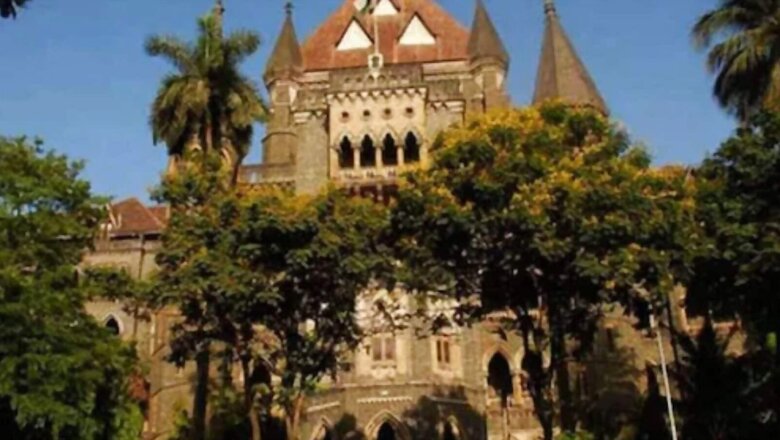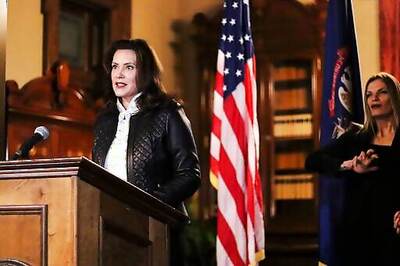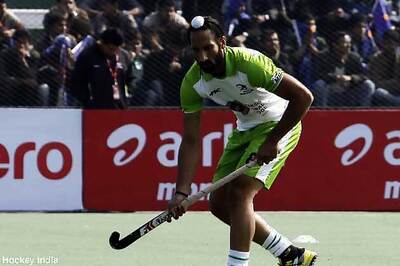
views
A division bench of the Bombay High Court has upheld the order of Ethics Officer on removing Kiran Rajaram Powar from the Mumbai Cricket Association Council and imposing a ban on him from playing cricket. Kiran Powar was a former Ranji Player and led the under-19 Indian Cricket team in Australia between 1994-1995.
The case pertains to a complaint that was filed by Deepan Mistry alleging conflict of interest. It was alleged that Powar was appointed as an Apex Council member and his brother coach for the Mumbai Senior Men’s Cricket team. Further, Powar was a cricket coach at Goregoan Sports Club while he was the Apex Council Member.
The Ethics Officer had found that Powar was guilty of a conflict of interest and an order was passed removing him from the MCA Council and banning him from playing cricket for a year. Powar then challenged the order of the Ethics Officer before High Court.
Powar’s advocate Sneha Phene argued that petitioner was not required to disclose any of the aforesaid situations because there was no conflict of interest on his part. As per the rules, the appointment of coaches was exclusively decided upon by the Cricket Improvement Committee (CIC) consisting of former first-class players, and the petitioner as an Apex Council member had no power to decide upon the same.
Powar also questioned the jurisdiction of the officer while arguing that as per Rule 39 of the Constitution of the Mumbai Cricket Association, Ethics Officer is appointed by the Association only at the Annual General Meeting. However, in the present case, Ethics Officer was not appointed at the Annual General Meeting and therefore the order passed by the Ethics Officer is without jurisdiction.
Advocate A.S. Khandeparkar for MCA argued that the officer was appointed as “Ethics Officer cum Ombudsman” and the same is not required to be appointed in the Annual General Meeting and therefore the issue that Ethics Officer cum Ombudsman is not competent having not been appointed in the Annual General Body Meeting need not be considered in the present matter.
It was also argued that the ban of one year from playing cricket is within the scope of the Ethics Officer under Rule 39(3) and that Rules 38 and 39 of the MCA were part of Lodha Committee Committee Recommendations which were confirmed by the Supreme Court in the case of BCCI.
The High Court while upholding the order of the Ethics Officer said that: “Moreover, being a member of the Apex Council, a person would be in a position of influence in matters of selection as the CIC has to report its recommendation to the Apex Council. In view of the aforesaid facts, it cannot be said that the decision arrived at by the Ethics Officer cum Ombudsman is perverse for this court to interfere.”
While noting that Powar had to make disclosures under Rule 38 with regard to the conflict of interest the court said: “The Petitioner ought to have filed his declaration as required under section 38(2). Under section 38(1)(v) a person occupies a position of influence if he occupies a post that calls for decisions of governance, management or selection to be made, and where a friend, relative or close affiliate is in the zone of consideration or subject to such decision-making, control or management.”
The division bench of Justice SV Gangapurwala and Justice RN Ladha also noted that the Ethics Officer had the power to ban Powar and that he was not barred for a lifetime.
Read all the Latest India News here


















Comments
0 comment